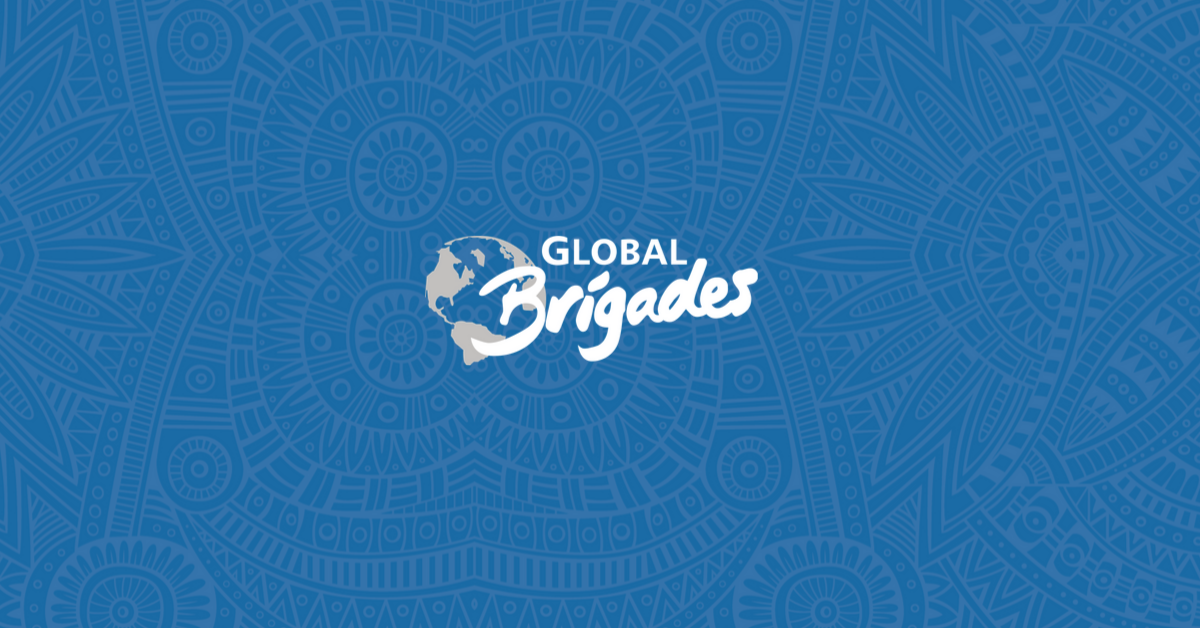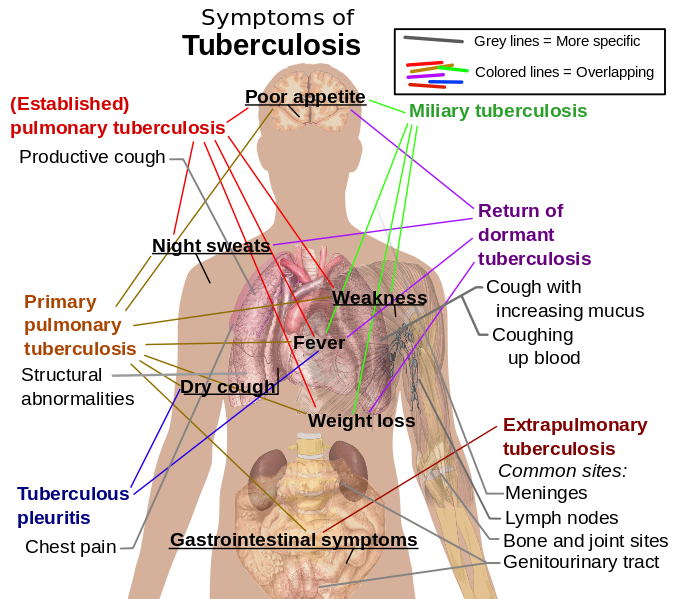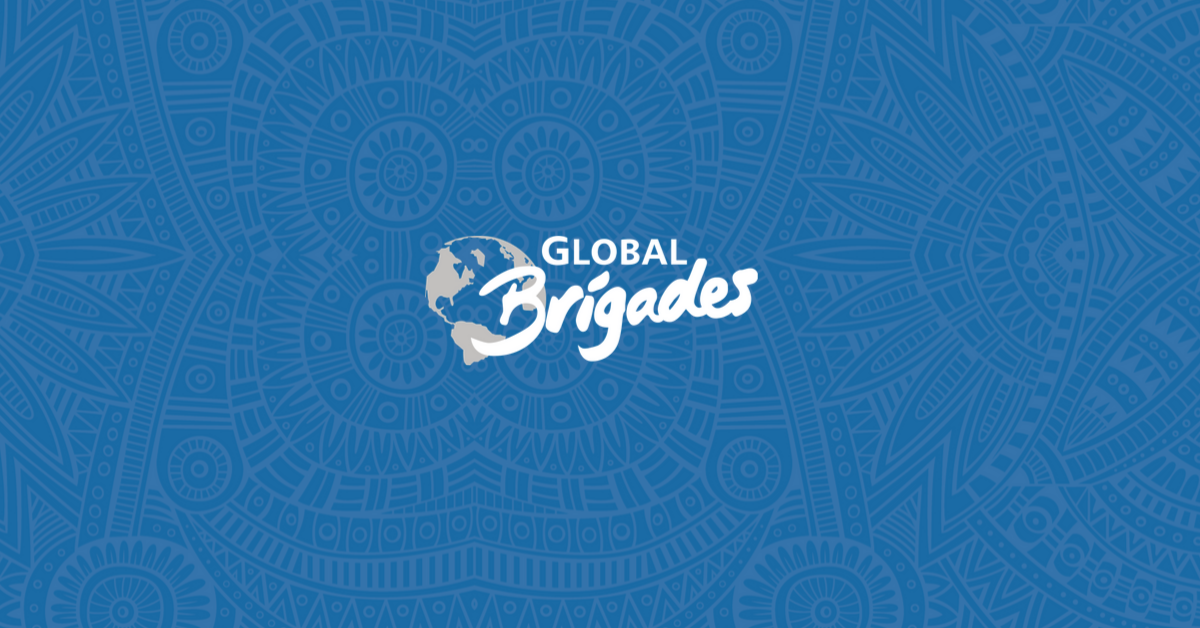The following blog post was written by guest blogger Claire Seigworth. Claire graduated with a B.A. in International Relations and a minor in Spanish Literature from Marquette University. She has traveled to many Latin American countries, studied in Santiago, Chile and worked in Panama for Global Brigades.
Syria is facing many serious, violent problems with no end in sight and is now facing another crisis: polio. Polio is a highly contagious virus that can cripple, paralyze, or kill people.[1] There is no cure for polio so the only measure to stop it is by vaccinating children five years old and younger, who are most at risk for contracting the virus. Polio usually is spread through eating food or drinking water contaminated by feces, and in countries where public sanitation is poor, this is likely scenario.[2]
While the presence of polio has greatly decreased globally, it is still endemic in Nigeria, Afghanistan, and Pakistan, with confirmed cases in South Sudan, Cameroon, Kenya, and Ethiopia.[3] Given how easily it spreads, the World Health Organization has started a regional campaign to ensure that the disease does not spread. Aid workers plan to start closest to the outbreak in eastern Syria and spread out to Egypt, Turkey, and Israel to vaccinate around 10 million children.[4] Public health officials in Lebanon, which hosts over 700,000 Syrian refugees, have already started their own vaccination campaign to all children in the country in order to prevent a polio outbreak in Lebanon.[5]
Containing polio outbreaks are very complex, but the civil war and internally displaced people make it much more complicated. Aid workers often have difficulties reaching the people who need humanitarian assistance. Many times workers have problems receiving the proper visas needed to enter Syria and when they are in Syria, they face the threat of violence. [6]
In a prolonged conflict such as in Syria, providing assistance is hard. However, people can make donations to various organizations such as UNICEF, the WHO, and the Red Cross or Red Crescent to help provide food, vaccines, medicine, and support the humanitarian staff.



